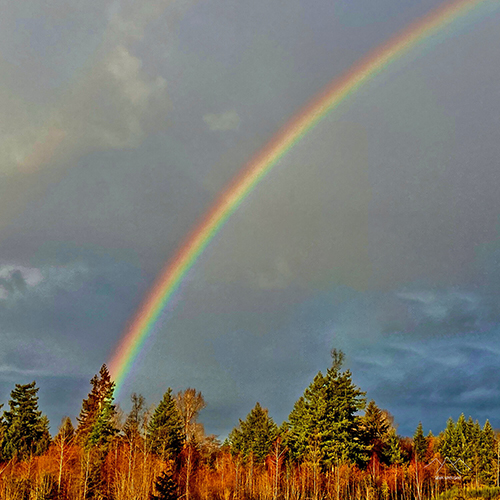
We are forever creating God in our own image and likeness. We picture God, what we believe God to be and stand for, according to what we imagine God should be like. Sometimes that speaks for what’s best in us, and sometimes it does the opposite. In either case, we are usually far from the God Jesus revealed. That is why we often believe in and preach a God who, like us, is jealous, arbitrary, legalistic, unfair, fearful, consumed with protecting himself, vengeful, unforgiving, and violent. It is no accident that in every age, including our own, the worst violence, bigotry, and murder are usually justified in the name of God, even when this is done in the name of atheism or secularity. We all have innate mechanisms for health, and whenever we go wrong, something inside reacts. That isn’t just true for our bodies but also for our souls. Faith has its inbuilt immune system. We want God on our own terms, but ultimately, it doesn’t work. Divine love and divine revelation are pure gifts, and the inner dynamics of faith ensure that they have to be received as pure gifts or not received at all. And that is why we sometimes experience dark nights of the soul in our faith and religious beliefs. Our inner powers to feel, imagine, and sense God’s existence dry up and leave us in a certain “agnosticism.” Mystics call this a dark night of the soul. Paul Tillich once defined real religion as what we attain when, in our religious quest, we attune ourselves to a reality and a consciousness that is beyond our own, as opposed to touching what is highest inside of ourselves or highest within the collective ideals of humanity. In real religion, we meet God, not ourselves.[1]
[1] Excerpt from Ronald Rolheiser’s “The Nature of Faith” February 2008.
